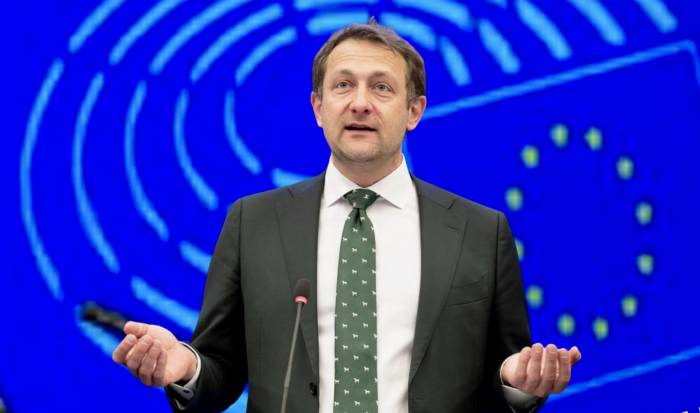EU-Mercosur Trade Deal Could Open 220 Million-Consumer Market for European Wine and Dairy Producers
French opposition persists as Brussels touts export gains and new safeguards for agriculture in long-debated agreement
2025-11-18

The European Commissioner for Agriculture, Christophe Hansen, highlighted on Monday the opportunities that the trade agreement with Mercosur could bring to sectors such as wine production in France. France has been one of the main opponents of the pact, which the European Union hopes to ratify before the end of the year.
Speaking at a press conference in Brussels, Hansen emphasized that the agreement opens new markets for European producers. He recalled a recent visit to Brazil, where he met with nearly 80 European agri-food producers, many of whom were French and represented the dairy, wine, and spirits industries. Hansen pointed out that Brazil alone represents a potential market of 220 million consumers, with a growing population and increasing purchasing power.
Hansen urged stakeholders to keep these opportunities in mind as negotiations on the trade deal with Mercosur countries—Argentina, Brazil, Paraguay, and Uruguay—move forward. The EU can ratify the agreement without unanimous approval from all member states, which could help overcome resistance from countries like France.
One of the main concerns raised by some European countries involves so-called “mirror clauses,” which would require agricultural imports from third countries to meet the same phytosanitary standards as those applied within the EU. Hansen said that upcoming food safety simplification measures from the European Commission will include elements addressing these concerns. He argued that it is inconsistent for the EU to ban certain plant protection products domestically while allowing imports produced with those same substances.
Despite ongoing debates about food safety and environmental standards, Hansen insisted that the EU-Mercosur agreement would boost European exports and include safeguards to protect domestic producers. He mentioned that a safeguard clause is being prepared to address potential problems arising from increased imports.
The trade agreement between the EU and Mercosur has been under negotiation for years and has faced criticism from various sectors in Europe, particularly in France. Opponents argue that it could harm local farmers by exposing them to competition from countries with lower production costs and different regulatory standards. Supporters, including Hansen, believe it will create new export opportunities for high-value European products such as wine and spirits.
The final decision on ratification is expected before year’s end. The outcome will have significant implications for European agriculture and trade relations with South America.
Founded in 2007, Vinetur® is a registered trademark of VGSC S.L. with a long history in the wine industry.
VGSC, S.L. with VAT number B70255591 is a spanish company legally registered in the Commercial Register of the city of Santiago de Compostela, with registration number: Bulletin 181, Reference 356049 in Volume 13, Page 107, Section 6, Sheet 45028, Entry 2.
Email: [email protected]
Headquarters and offices located in Vilagarcia de Arousa, Spain.